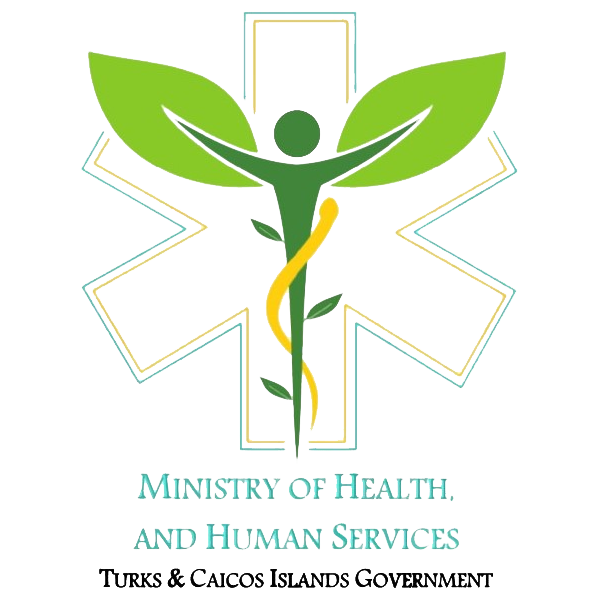

COVID-19 and HIV
The limited data currently available do not indicate that the disease course of COVID-19 in persons with HIV differs from that in persons without HIV. However, some people with HIV have other comorbidities (e.g., cardiovascular disease or lung disease) that increase the risk for a more severe course of COVID-19 illness.
Chronic smokers are also at risk of more severe disease. Thus, until more is known, additional caution for all persons with HIV, especially those with advanced HIV or poorly controlled HIV, is warranted.
Are people living with HIV at higher risk of COVID-19?
At the present time, we have no specific information about the risk of COVID-19 in people with HIV. The risk from immune suppression is not known, but with other viral respiratory infections, the risk for people with HIV getting very sick is greatest in:
People with HIV can also be at increased risk of getting very sick with COVID-19 based on their age and other medical conditions.
What can people with HIV do to protect themselves from COVID-19?
There is currently no vaccine to prevent COVID-19. The best way to prevent getting sick is to avoid exposure to the virus. People with HIV should take everyday precautions and preventative measures to help prevent the spread of COVID-19. People with HIV should also continue to maintain a healthy lifestyle.
This includes:
Staying healthy helps your immune system fight off infection should it occur. If you have HIV and are taking your HIV medicine, it is important to continue your treatment and follow the advice of your health care provider. This is the best way to keep your immune system healthy.
What should I do if I think I have COVID-19
Call your COVID 19 hotline on 649-333-0911 or 649- 232-9444 if you develop symptoms that could be consistent with COVID-19. Discuss how to get evaluated and how to avoid potentially exposing others to COVID-19.
Learn more about COVID-19 and what to do if you are sick
What can persons with HIV who are at higher risk for contracting COVID-19 do
Steps that people with HIV can take to prepare in addition to what is recommended for everybody:
Can HIV medication (ART) be taken to treat COVID-19?
There are no data available yet from clinical trials that these drugs help people with COVID-19. People with HIV should not switch their HIV medicine in an attempt to prevent or treat COVID-19.
Should people with HIV travel at this time?
It is recommended that only essential travel is taken at this time.
Source: CDC